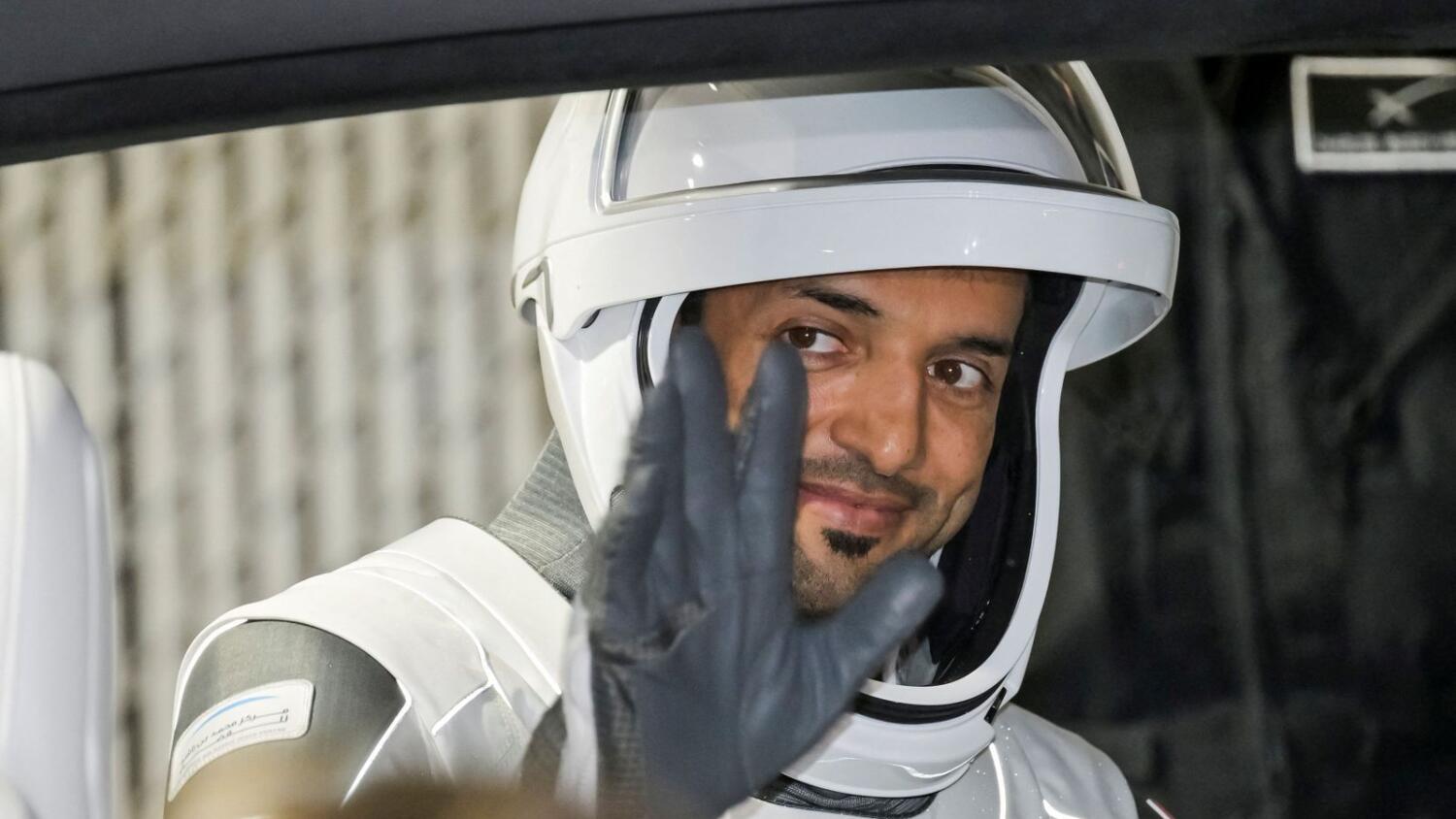
UAE astronaut Sultan AlNeyadi has settled into his new home over 400km above Earth, the International Space Station (ISS), where he will be staying for the next six months. This is the longest Arab space mission in history and is part of Expedition 68/69 to the ISS. AlNeyadi, along with Nasa astronauts Stephen Bowen and Warren Hoburg and Roscosmos cosmonaut Andrey Fedyaev, will carry out scientific research to prepare for human exploration beyond low-Earth orbit.
During his stay on the ISS, two Dubai entities will produce a weekly broadcast with interviews, engaging facts, competitions, activities, and opportunities for all students in the UAE to ask the astronaut questions. The Mohammed Bin Rashid Space Centre (MBRSC) aims to reach 20,000 students and children through the initiative, “Elf in Space,” which is set to become a landmark in interactive education, bringing the groundbreaking and exciting work of the UAE’s space mission to life. The MBRSC has partnered with the Emirates Literature Foundation to launch the educational initiative. There will be 13 live calls and 10 ham radio interactions throughout the six months. Among the first public engagements for Crew-6 is an in-flight event with AlNeyadi. This is scheduled to happen at 4.50pm (UAE time) on March 7, according to the Nasa website.
AlNeyadi’s experiments aboard the ISS will include collaborations with Nasa, the European Space Agency (ESA), the Canadian Space Agency (CSA), Japan Aerospace Exploration Agency (JAXA), and the National Centre for Space Studies (CNES). These experiments will cover 19 scientific studies on cardiovascular and immune system health, back pain, technical demonstrations, epigenetics, fluid science, plant biology, material science, sleep analysis, and radiation. Crew-6’s experiments also include the study of materials burning in microgravity, tissue chip research on heart, brain, cartilage functions, and an investigation to collect microbial samples from the exterior of the space station.
Expedition 68/69 will potentially continue to install the final pieces of iROSA, the roll-out solar arrays on the International Space Station. The MBRSC is funding two research projects from the Mohammed Bin Rashid University of Medicine and Health Sciences (MBRU). The first project will assess how the microgravity environment of spaceflight affects cardio-postural interactions, while the second will investigate dental/oral cells in a simulated microgravity environment on Earth. These projects aim to engage students and researchers and enable the development and qualification of future generations of scientists.
